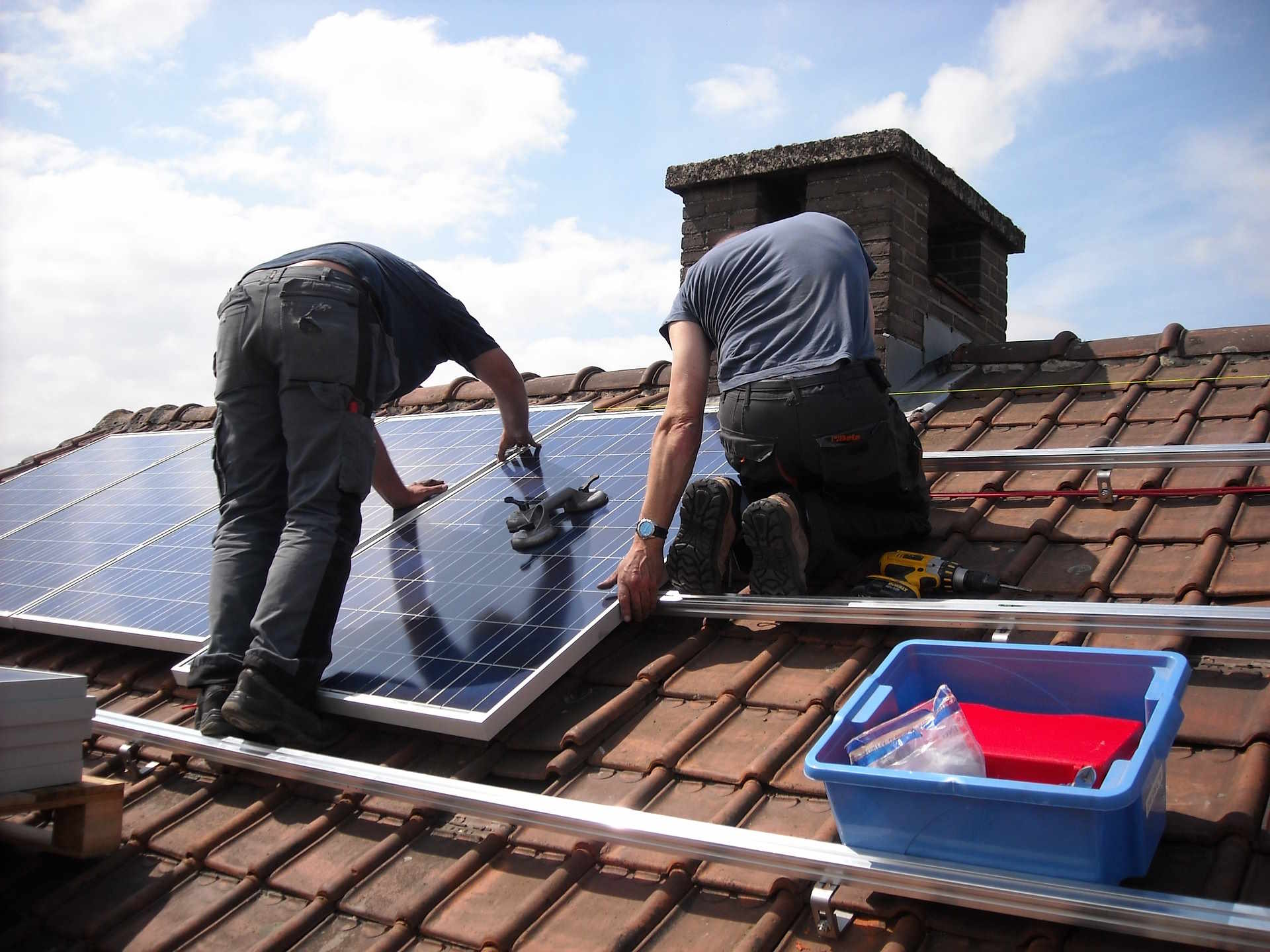How to Start a Career in Solar Panel Installation
The solar energy industry has experienced remarkable growth in recent years, creating numerous opportunities for individuals seeking stable, well-paying careers in renewable energy. Solar panel installation has emerged as one of the most accessible entry points into this expanding field, offering excellent job security and competitive wages. With the increasing demand for clean energy solutions worldwide, solar panel technicians are becoming essential workers in the transition toward sustainable energy systems.

Essential Skills Needed for a Solar Panel Installation Career
Success in solar panel installation requires a combination of technical, physical, and problem-solving skills. Physical fitness stands as a primary requirement, as installers frequently work on rooftops, lift heavy equipment, and perform tasks in various weather conditions. Basic electrical knowledge forms another cornerstone skill, enabling technicians to understand wiring systems, read electrical diagrams, and safely connect solar components to existing electrical infrastructure.
Mathematical skills prove invaluable for calculating load requirements, measuring installation spaces, and determining optimal panel positioning for maximum energy production. Additionally, proficiency with hand tools and power tools is essential, as installers regularly use drills, wrenches, wire strippers, and specialized solar installation equipment. Strong communication abilities help technicians interact effectively with customers, explain system operations, and collaborate with team members on complex installations.
Common Training Paths and Certifications in Solar Panel Installation
Multiple educational pathways lead to solar panel installation careers, ranging from formal degree programs to specialized certification courses. Community colleges increasingly offer renewable energy technology programs that provide comprehensive training in solar installation techniques, electrical systems, and industry safety standards. These programs typically span six months to two years and often include hands-on laboratory experience with actual solar equipment.
Professional certifications significantly enhance career prospects and earning potential. The North American Board of Certified Energy Practitioners (NABCEP) offers the most recognized certification in the solar industry, demonstrating expertise in photovoltaic system installation and maintenance. Many employers prefer or require NABCEP certification for senior technician positions. Additionally, Occupational Safety and Health Administration (OSHA) training provides essential safety credentials, while electrical licensing requirements vary by state and may be necessary for certain installation tasks.
Safety Best Practices in Solar Panel Installation Work
Solar panel installation involves inherent risks that require strict adherence to safety protocols and best practices. Fall protection represents the most critical safety concern, as installers work at significant heights on residential and commercial rooftops. Proper use of safety harnesses, guardrails, and fall arrest systems prevents serious injuries and fatalities. Regular equipment inspections ensure that safety gear remains in optimal condition and meets industry standards.
Electrical safety protocols protect workers from shock hazards and electrocution risks. Technicians must understand proper lockout/tagout procedures, use appropriate personal protective equipment, and follow established electrical safety standards. Weather awareness is equally important, as installation work should be suspended during high winds, storms, or icy conditions. Proper lifting techniques and team coordination prevent musculoskeletal injuries when handling heavy solar panels and mounting equipment.
Typical Career Progression in the Solar Energy Industry
Solar panel installation careers offer clear advancement opportunities for dedicated professionals. Entry-level installers typically begin as apprentices or helpers, learning basic installation techniques while earning competitive wages. With experience and additional training, technicians can advance to lead installer positions, supervising installation crews and managing complex projects.
Senior technicians often specialize in areas such as system design, electrical integration, or maintenance and repair services. Management opportunities include project coordination, sales support, and training new technicians. Entrepreneurial-minded professionals frequently establish their own solar installation companies, leveraging their technical expertise and industry connections. Some experienced installers transition into related fields such as solar system design, energy auditing, or renewable energy consulting, broadening their career horizons within the clean energy sector.
Insights from Experienced Solar Panel Technicians
Veteran solar installers consistently emphasize the importance of continuous learning and staying current with evolving technology and industry standards. The solar industry rapidly adopts new equipment, installation techniques, and efficiency improvements, requiring technicians to regularly update their skills through ongoing education and training programs. Successful installers recommend building strong relationships with equipment suppliers, staying informed about local building codes, and developing expertise in multiple solar technologies.
Experienced professionals also highlight the satisfaction derived from contributing to environmental sustainability while earning a solid living. Many technicians appreciate the variety in their work, as each installation presents unique challenges and learning opportunities. The combination of outdoor work, technical problem-solving, and tangible environmental impact makes solar installation particularly rewarding for individuals who value meaningful work that contributes to a cleaner energy future.
| Job Level | Average Annual Salary | Experience Required |
|---|---|---|
| Entry-Level Installer | $35,000 - $45,000 | 0-1 years |
| Experienced Technician | $45,000 - $60,000 | 2-5 years |
| Lead Installer | $55,000 - $75,000 | 5+ years |
| Project Manager | $65,000 - $90,000 | 5+ years + management experience |
Salary estimates mentioned in this article are based on the latest available information but may change over time. Independent research is advised before making financial decisions.
Starting a career in solar panel installation offers an excellent opportunity to enter the rapidly growing renewable energy sector with relatively modest educational requirements and strong earning potential. The combination of technical skills development, physical work, and environmental contribution makes this field particularly appealing for individuals seeking meaningful employment in a sustainable industry. With proper training, certification, and dedication to safety practices, solar panel installation can provide a stable, rewarding career path with numerous advancement opportunities in the expanding clean energy economy.




